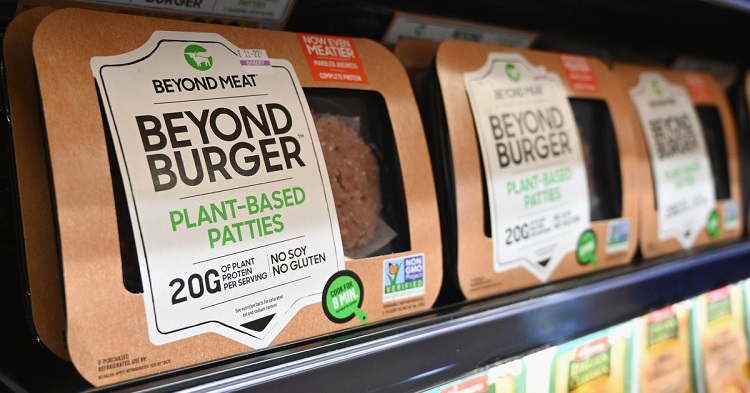In a surprising twist, the iconic Cracker Barrel, long regarded as a bastion of conservative America, has ignited a firestorm of controversy with its recent foray into Pride Month celebrations. For years, the cherished restaurant chain had not only been synonymous with hearty country cuisine but also with a certain brand of traditional Christian values, which found expression not only in its decor but also in the religious-themed merchandise gracing the shelves of its stores.
However, in a stunning about-face, Cracker Barrel took to Facebook and Instagram in June 2023, unleashing a torrent of anger among its loyal customer base. The catalyst for this furor? A simple yet impactful image of a rainbow-painted rocking chair accompanied by the caption, “We are excited to celebrate Pride Month with our employees and guests. Everyone is always welcome at our table (and our 
Unsurprisingly, the response mirrored the infamous Bud Light backlash, as former patrons expressed their outrage on various social media platforms. A common sentiment echoed throughout Twitter was summed up by one user who declared, “Cracker Barrel just made my boycott list!” Another disgruntled customer lamented, “
Over on Instagram, a similar wave of discontent washed over Cracker Barrel’s post. One user lamented, “Not necessary. No longer a family restaurant. Lost my business.” Another said, “Thank you for making it so easy to shop somewhere else. So tired of the agendas. Is there a normal marriage chair.. lol. Not sure why a restaurant needs to celebrate someone’s dating/love life etc. to have an agenda to push. No thanks. Can we not just eat food?”
Adding fuel to the fire, YouTube sensation turned Blaze personality, Auron MacIntyre, couldn’t resist taking a jab at Cracker Barrel. In a scathing tweet, he quipped, “New Bud Light just dropped,” accompanied by a screenshot of the controversial post. The uproar was clear: Cracker Barrel, like Chick-fil-A, had long been viewed as a sanctuary for those who sought refuge from the relentless tide of woke ideology. Former patrons believed they could support these establishments without being subjected to preaching on matters of race and sexuality from those with whom they vehemently disagreed. The abrupt change left them disillusioned and incensed.
The Texas Family Project, a prominent conservative organization, lamented Cracker Barrel’s apparent shift in values, stating, “We take no pleasure in reporting that @CrackerBarrel has fallen. A once family-friendly establishment has caved to the mob.” They even provided damning screenshots of Cracker Barrel’s pronouncements on Pride and Diversity, Equity, and Inclusion (DEI). Here’s a glimpse of what they had to say:
The DEI statement read, in part, “Our food and décor celebrate warm memories of the past, and our inclusive culture and beliefs help us make way for an even brighter future, together. Discrimination, overt or through unconscious bias, has no place at Cracker Barrel Old Country Store.”
Similarly, the “Pride” statement proclaimed, “This year, Cracker Barrel’s focus was to be a part of the Pride experience. We had two locations in the park, both equipped with seating areas and coverage for people to sit down and cool off, while allowing for natural conversation. In the Cracker Barrel spirit of hospitality and belonging, we call it ‘bringing the front porch to Pride.’”












